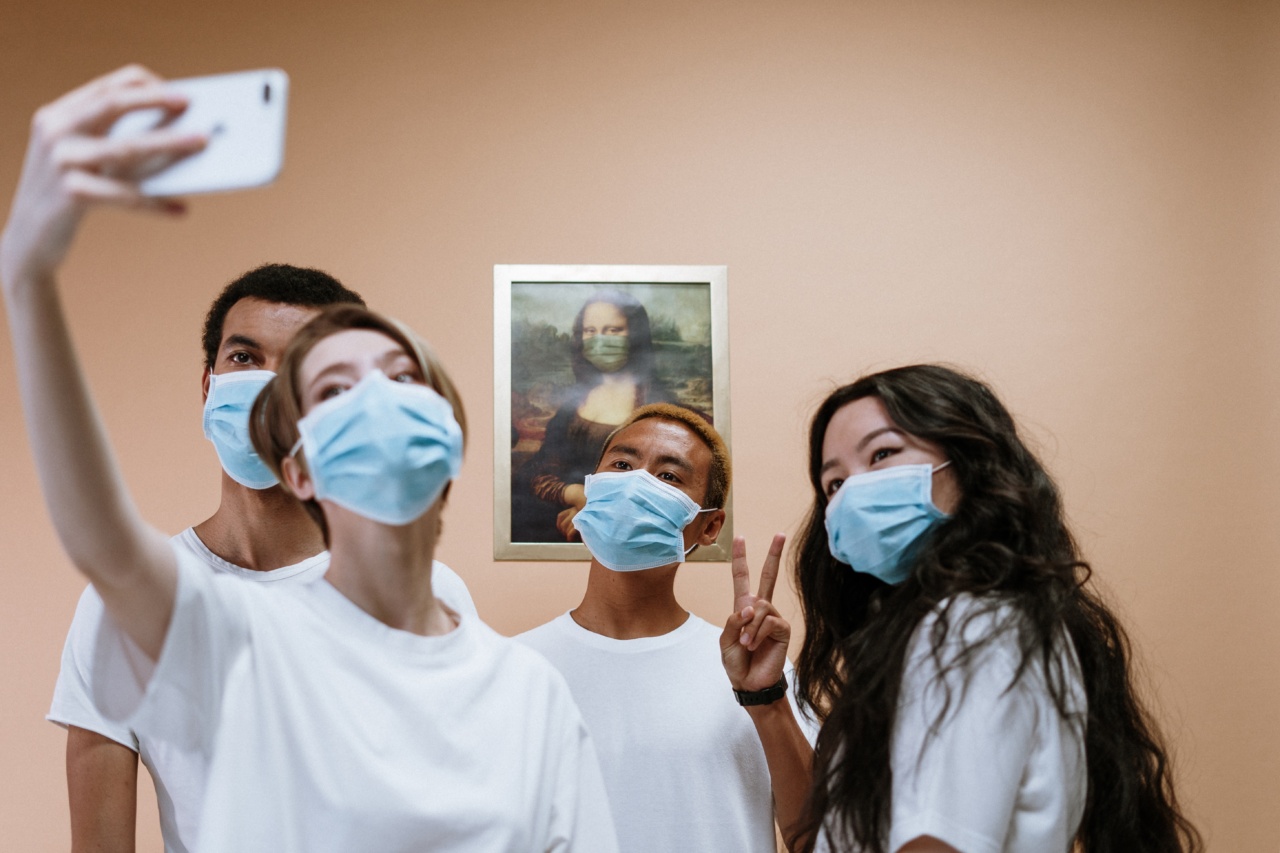Outpatient medicine is an essential part of healthcare, providing patients with the necessary care and treatment for acute and chronic conditions. As with any medical practice, emergencies can occur, and it is important to be prepared to handle them.
In this article, we will discuss some of the emergencies that can occur in outpatient medicine and how to respond.
Heart Attack
A heart attack is a medical emergency that requires immediate treatment. Symptoms of a heart attack include chest pain, shortness of breath, lightheadedness, and nausea.
If a patient experiences these symptoms, call 911 immediately and provide the patient with aspirin to chew on. Monitor the patient’s vital signs until emergency medical services arrive.
Stroke
A stroke is another medical emergency that requires immediate treatment. Symptoms of a stroke include sudden weakness or numbness on one side of the body, difficulty speaking, blurred vision, and sudden, severe headache.
If a patient experiences these symptoms, call 911 immediately and provide the patient with supportive care, such as positioning the patient on their side and ensuring their airway is clear.
Anaphylaxis
Anaphylaxis is a severe allergic reaction that can occur within minutes to hours after exposure to an allergen. Symptoms of anaphylaxis include difficulty breathing, swelling of the face and throat, hives, and nausea and vomiting.
If a patient experiences these symptoms, call 911 immediately and provide the patient with an epinephrine auto-injector if available. Monitor the patient’s vital signs until emergency medical services arrive.
Hypoglycemia
Hypoglycemia is a medical emergency that occurs when a patient’s blood sugar level falls too low. Symptoms of hypoglycemia include confusion, irritability, dizziness, and seizures.
If a patient experiences these symptoms, provide the patient with a source of fast-acting glucose, such as fruit juice, candy, or glucose gel. Monitor the patient’s blood sugar level and vital signs until the patient stabilizes.
Seizures
Seizures are a medical emergency that can occur in patients with epilepsy or other neurological conditions. Symptoms of a seizure include altered consciousness, convulsions, and muscle rigidity.
If a patient experiences these symptoms, ensure the patient is in a safe position and call 911 immediately. Monitor the patient’s vital signs and provide supportive care until emergency medical services arrive.
Asthma Attack
An asthma attack is a medical emergency that requires immediate treatment. Symptoms of an asthma attack include wheezing, shortness of breath, and chest tightness.
If a patient experiences these symptoms, provide the patient with a rescue inhaler if available. If the patient’s symptoms do not improve, call 911 immediately and provide the patient with supportive care, such as positioning the patient comfortably and ensuring their airway is clear.
Bleeding
Bleeding can occur in outpatient medicine as a result of trauma or underlying medical conditions. If a patient experiences severe bleeding, call 911 immediately and apply pressure to the affected area to control the bleeding.
Monitor the patient’s vital signs and apply additional measures as necessary, such as a tourniquet or hemostatic agent.
Psychiatric Emergency
Psychiatric emergencies can occur in outpatient medicine in patients with underlying mental health conditions. Symptoms of a psychiatric emergency include suicidal ideation, violent behavior, and severe anxiety.
If a patient experiences these symptoms, ensure the patient is in a safe position and call 911 immediately. Monitor the patient’s vital signs and provide supportive care until emergency medical services arrive.
Drug Overdose
A drug overdose is a medical emergency that requires immediate treatment. Symptoms of a drug overdose include altered consciousness, difficulty breathing, and seizures.
If a patient experiences these symptoms, call 911 immediately and provide the patient with supportive care, such as positioning the patient on their side and ensuring their airway is clear. Monitor the patient’s vital signs until emergency medical services arrive.
Trauma
Trauma can occur in outpatient medicine as a result of accidents, falls, or sports-related injuries. If a patient experiences trauma, assess the patient’s ABCs (airway, breathing, and circulation) and call 911 immediately if necessary.
Provide supportive care, such as immobilizing the affected area and controlling bleeding, until emergency medical services arrive.

























